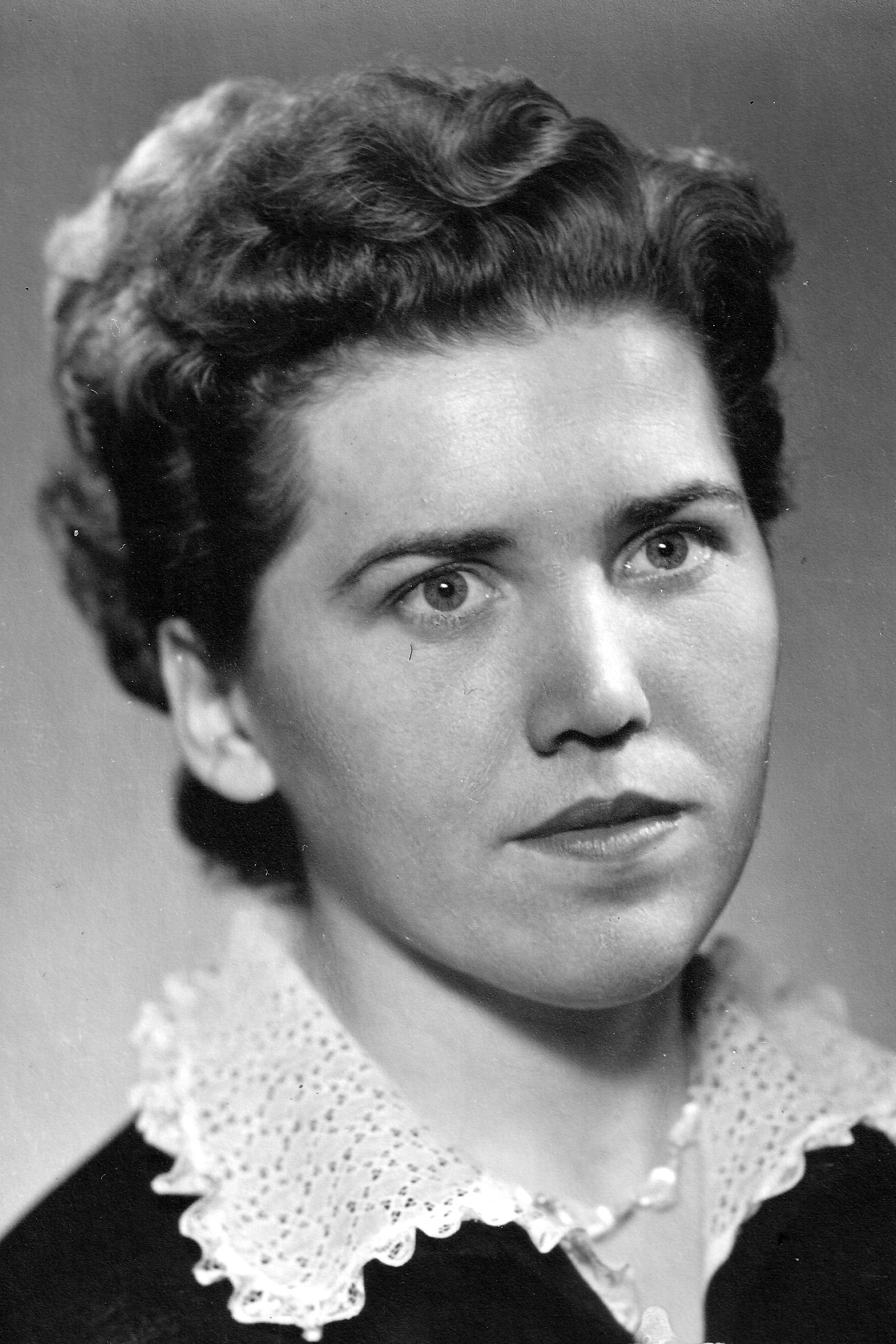After the war, I blindly trusted the communists. It wasn‘t until 1968 that I opened my eyes

Stáhnout obrázek
Olga Jaroňová, née Niesnerová, was born on 14 May 1930 in the village of Dlhoňa in north-eastern Slovakia. Her father, a former member of the Czechoslovak Legion in Russia, served in the financial guard there. Until the age of eight, she lived with her parents and brothers in the barracks of the finance officers in the middle of the forests near the Dukla Pass. After the Munich crisis in 1938, her father was transferred to Moravia. She spent the war years in Drahotuše in the Protectorate of Bohemia and Moravia. She married in Hranice, where two daughters were born. She joined the Communist Party. In 1956 she moved with her family to Bohumín. She graduated from a grammar school and a secondary pedagogical school. Then she completed distance studies at the Faculty of Education in Ostrava. She taught at primary school in the centre of Bohumín. In 1968 she supported the revival process called the Prague Spring. After 21 August 1968 she protested against the invasion of the Warsaw Pact troops. She did not pass the party‘s checks in 1970. She was expelled from the Communist Party and was not allowed to teach. After a year in the foundry of Bohumín Ironworks, she was allowed to return to education. Until her retirement she taught at the primary school in the outskirts of Bohumín Skřečoň. At the time of recording (2022) she was living in Bohumín.




















